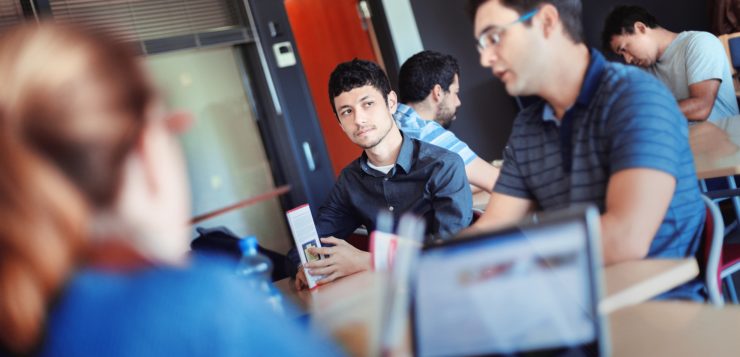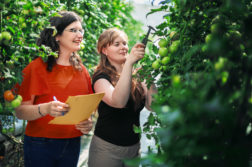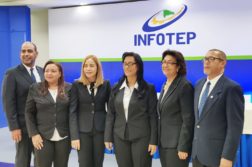When we implement educational innovation and pedagogical change, we often face some resistant colleagues. As like in any other field, innovation takes time to be digested in educational institutions. Hence, it is important to reflect teaching methodologies and innovation together with colleagues, openly and continuously.
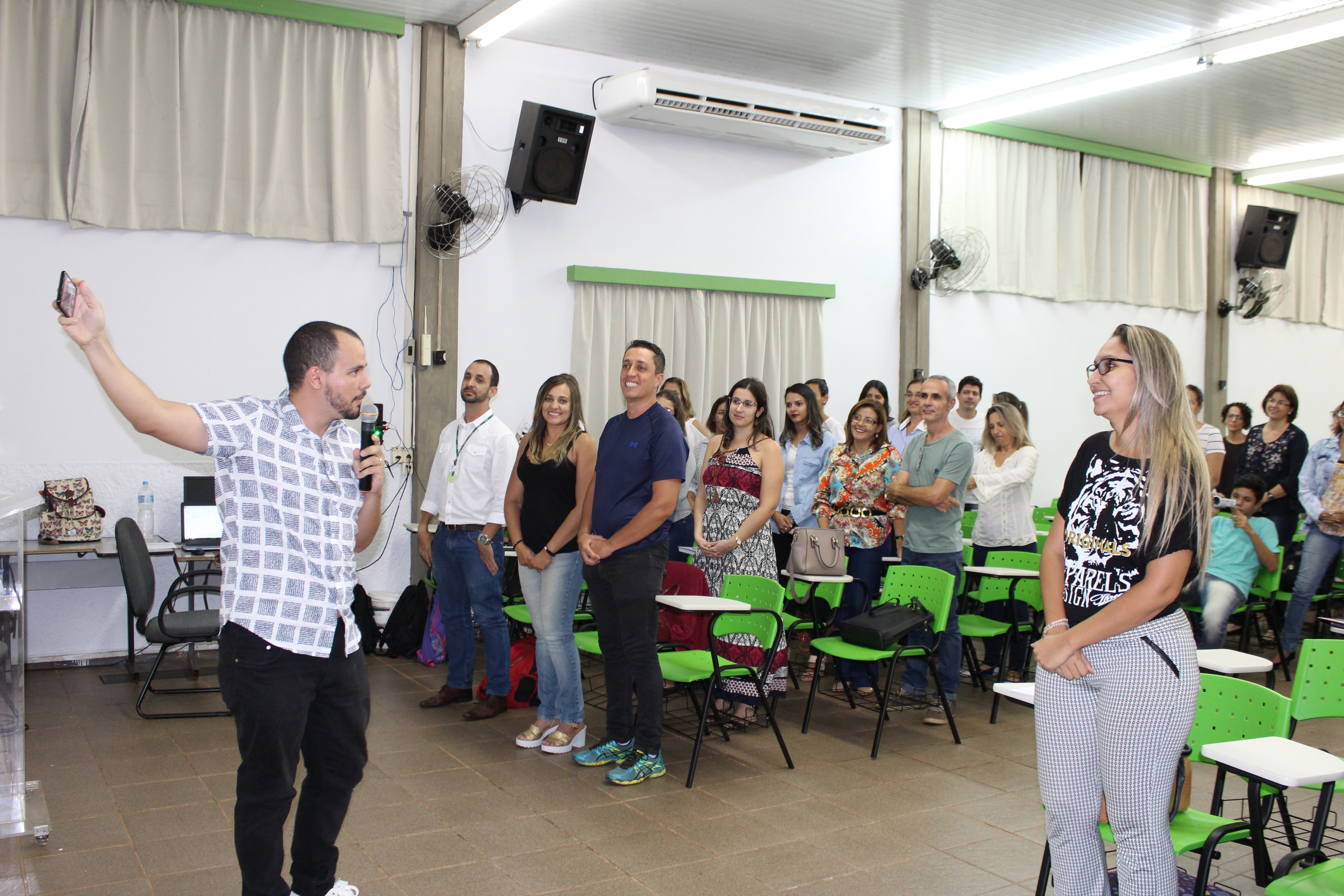
When you try to implement sustainable pedagogical changes in a learning community, it may be quite important to identify, at first, the colleagues that really would like to think “out of the box” too. In a team work, some small and effective results might soon appear, and if the group shows evidence that it’s possible to make get better outcomes by new methodology, it would be easier to convince the most of the resistants.
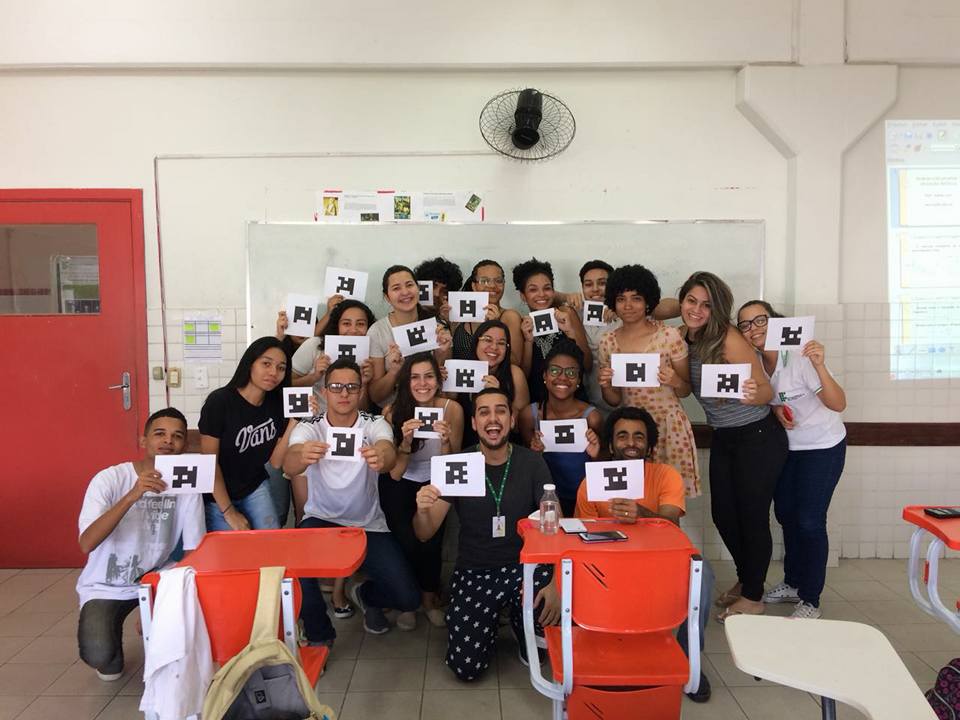
However, it is very important to valorize the traditional methods as well. Yes, it is. In the innovative education we can valorize the traditional teaching methods, like lecturing, and traditional ways of assessment too. Why? Traditional pedagogical approaches may also be effective and can be applied with students, when teaching and learning process is planned carefully. Traditional methodologies cannot be used, though, as only solutions anymore. They can be part of the well designed learning process.
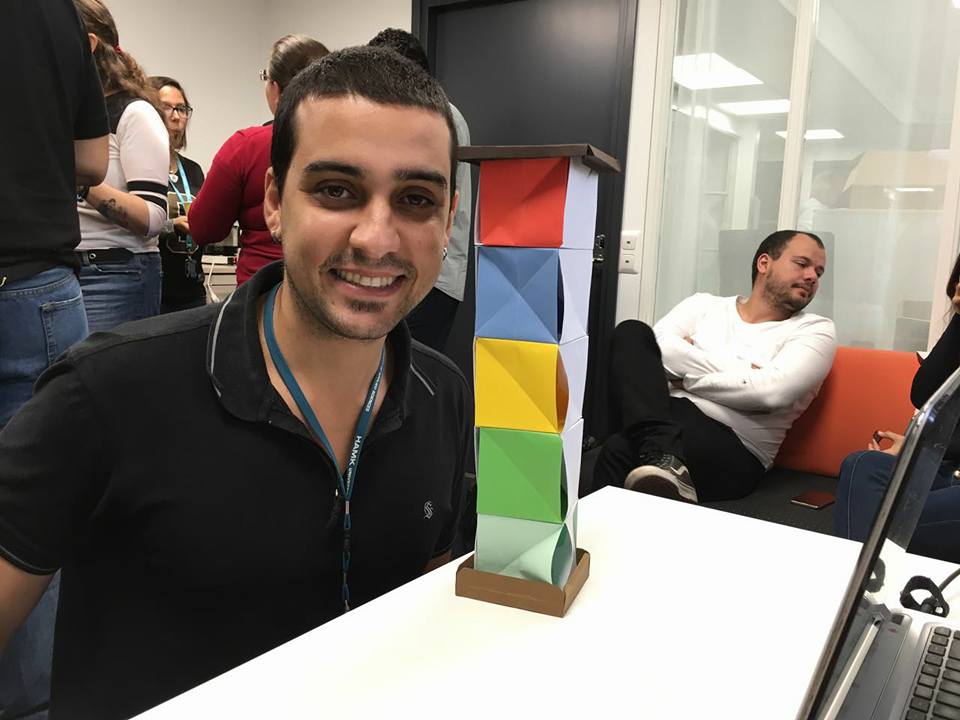
Imagine now a resistant group of teachers! It can be easier for them to start experimenting new ways of teaching, if they feel their current methods are valorized too. The point is that it is important to appreciate career and experience of all teachers in the community, also in the educational change.
Student-Centered Lectures – Why Not?
The teacher enters the classroom and greets his students warmly, asks about the weekend while assembling his multimedia projector to start his lecture. While conversing with the students, he already finds the ideal path to start his lesson: theoretical and demonstrative, with many questions for students and examples of their daily life. At the end of the lecture he proposes interesting readings that relate his content, for example, about the differences and similarities of the Brazilian and Finnish energy production. Is there now a problem with this lecture from the point of view of student-centered learning?
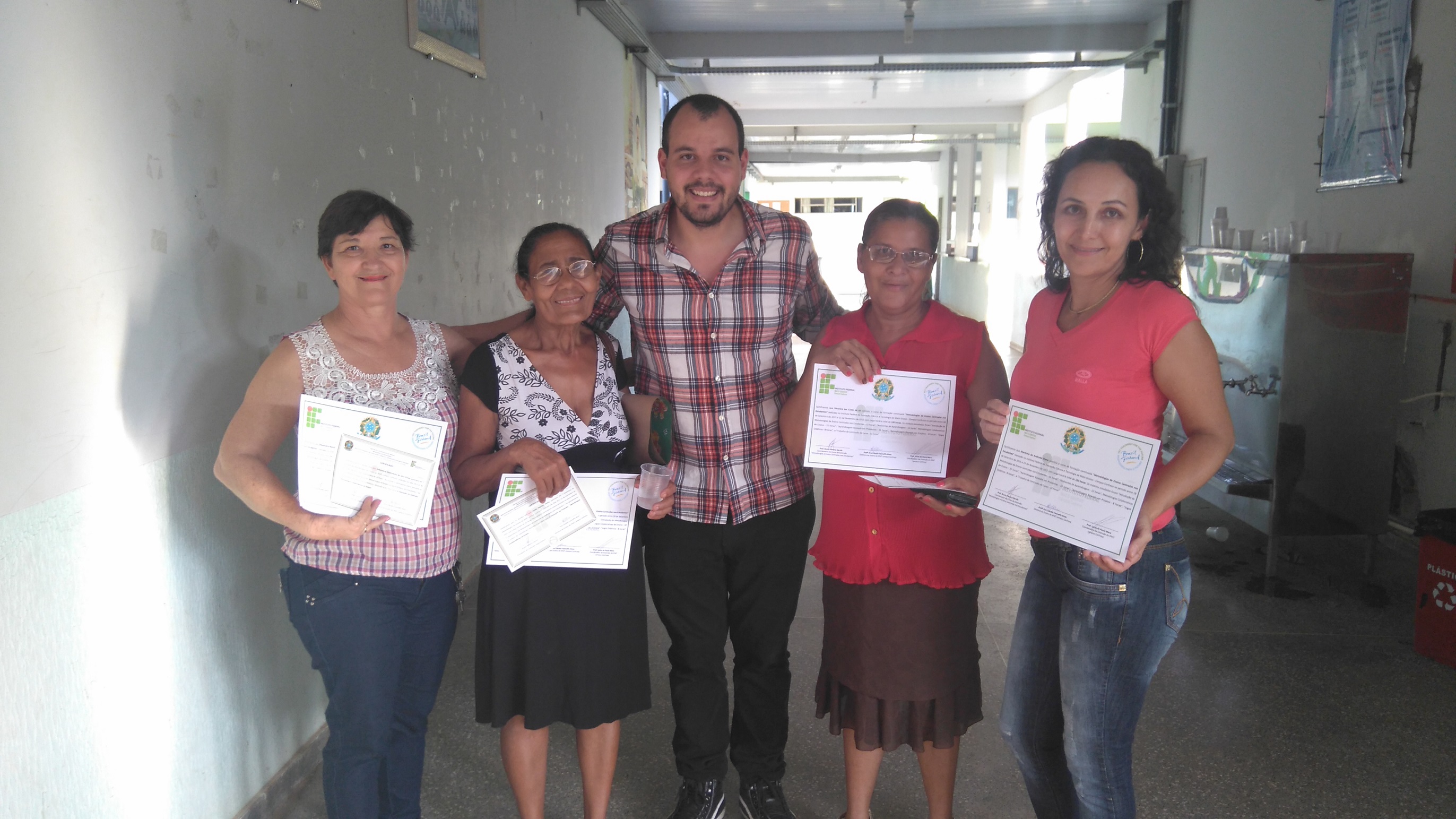
Many researchers and teachers believe that a lecture cannot be considered student-centered because it doesn’t value collaboration as a key point for the construction of knowledge. However, a lecture can be enriched and further developed to include also activating and collaborative methods. For example, the possibility of joint reflection and dialoguing on the knowledge is important. It is entirely possible to have these elements in a lecture too. An activating and inspiring lecture can support students’ learning process effectively.
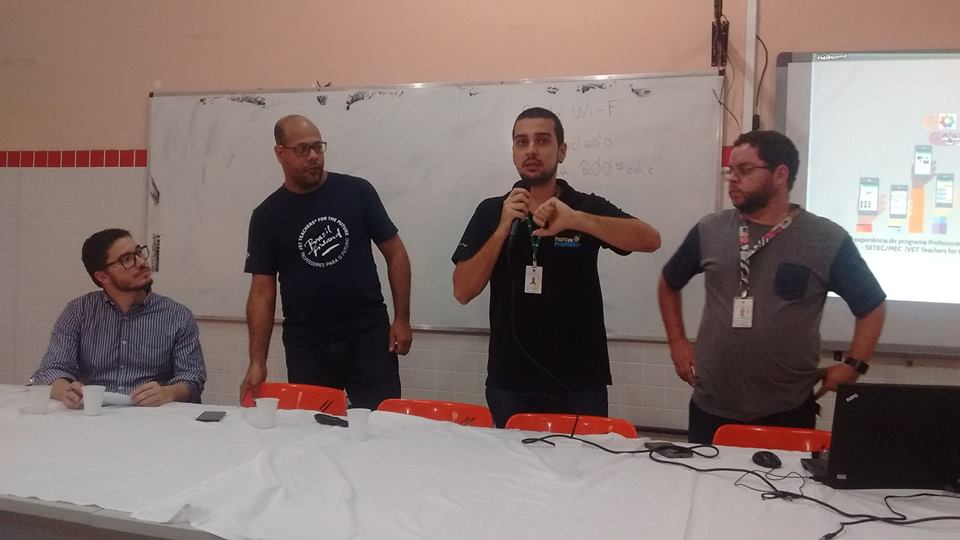
Another important factor is the way the content is presented to the students. If the teacher does a lecture only by talking, without the use of audiovisual resources such as graphs, tables, animations or videos, the lecture may be really teacher-centered. However, having a greater concern with the carefully planned and multimodal presentation, the teacher shows interest to support better his / her students’ learning process. Feedback as a form of “feedforward”, which means supporting learning during the process instead of final examinations, is very important in student-centered approach. Feedback can be inquired and given also during a lecture.
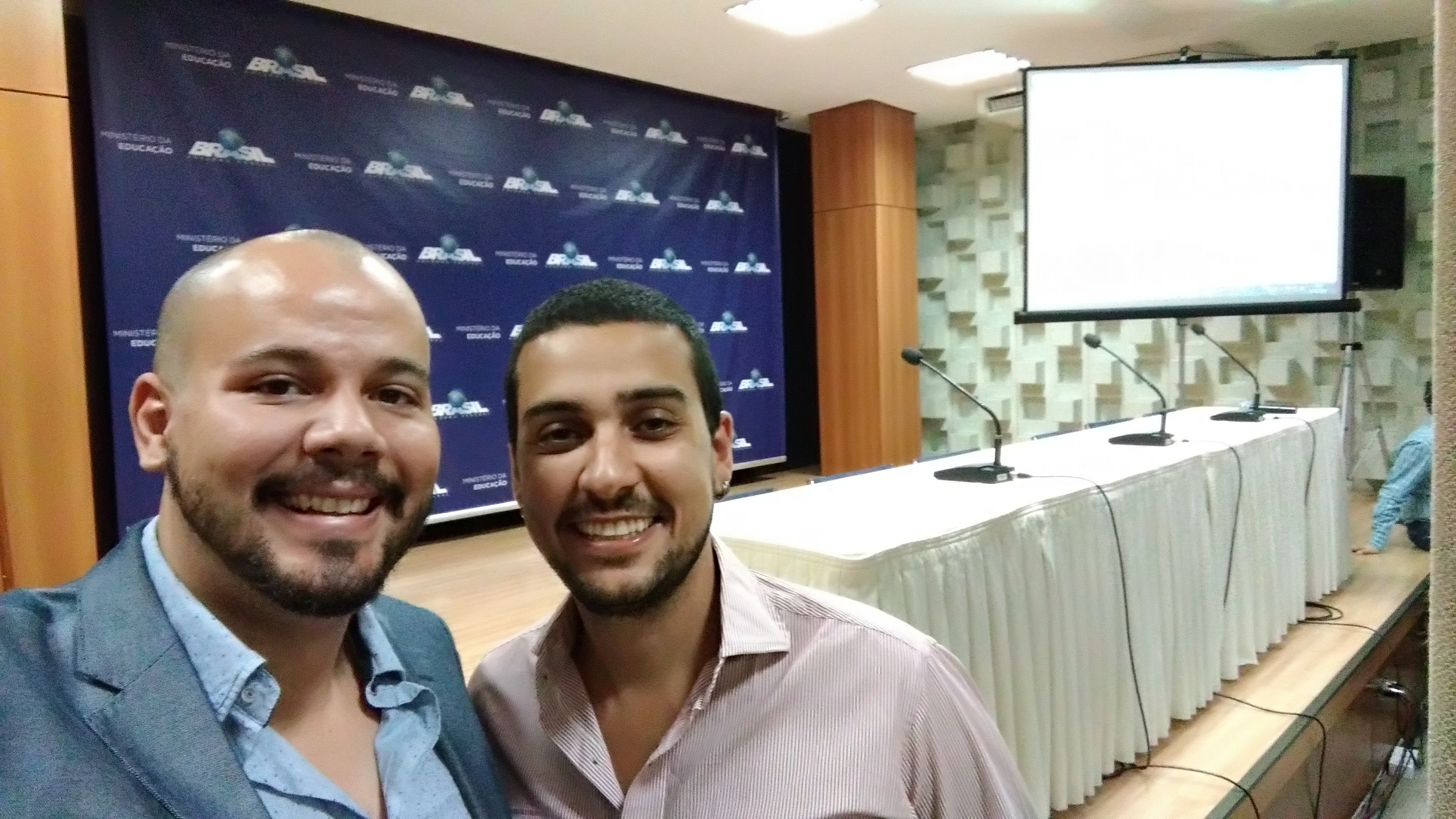
There are many dichotomies in which we currently live, and one is between teacher-centered learning and student-centered learning. The problem is that we are considering these concepts as two extremes, black and white, but we forget that there are at least 50 shades of gray in this range.
Student-centered learning is not a method, a strategy or a philosophy, it is merely a pedagogical lifestyle or a mindset that all teachers should follow in order to provide a good learning environment and learning process to their students.
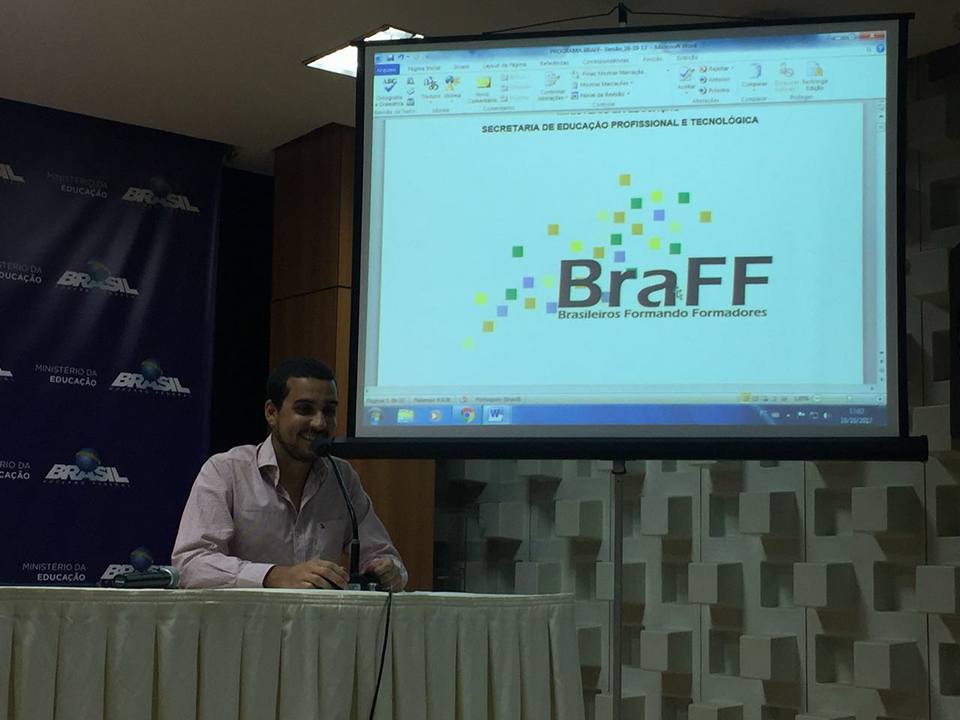
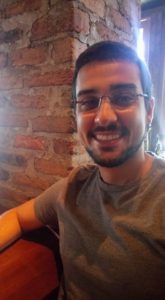
Julio Page De Castro
MSc in Chemistry Engineering
Basic, Technical and Technological Teacher
Federal Institute of Rio de Janeiro, Campus Duque de Caxias, Brazil
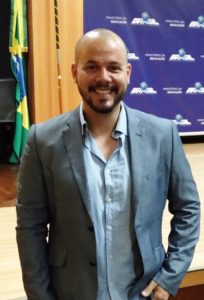
Bruno Pereira Garcês
MSc in Chemistry
Basic, Technical and Technologial Teacher
Federal Institute of Triàngulo Mineiro – Uberaba, Brazil

